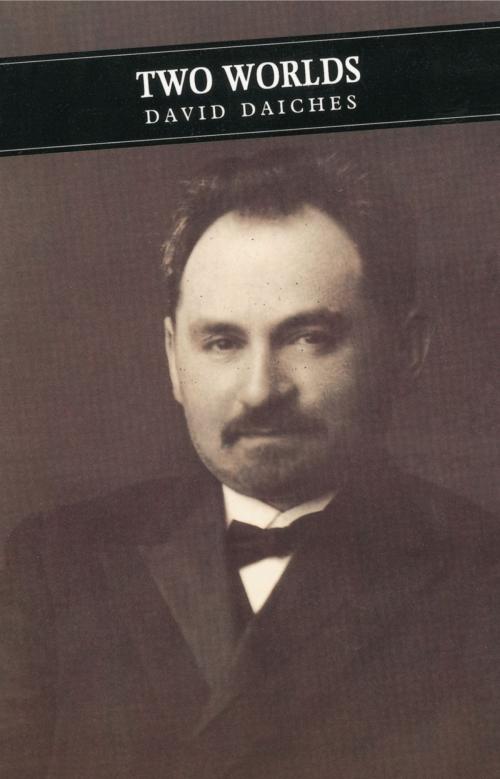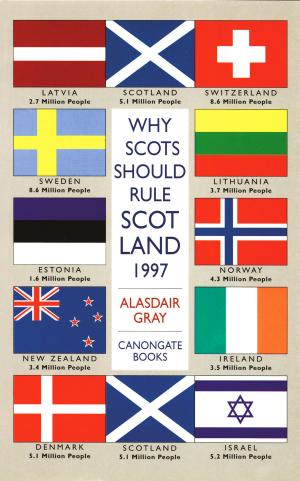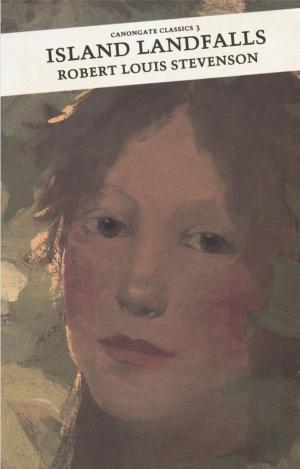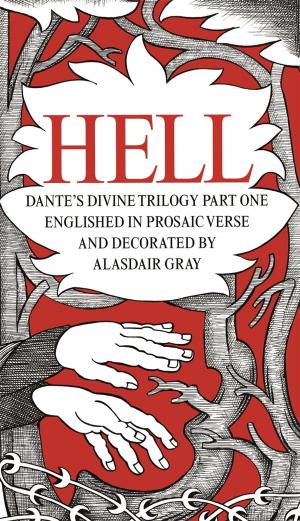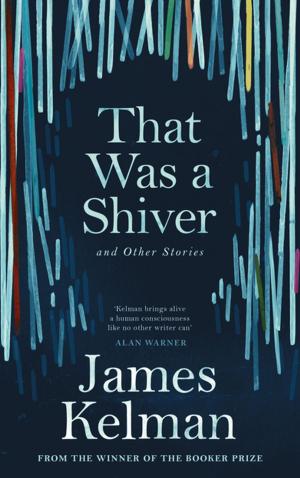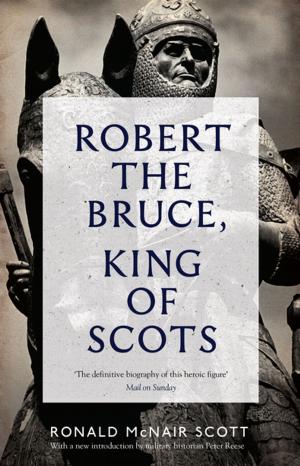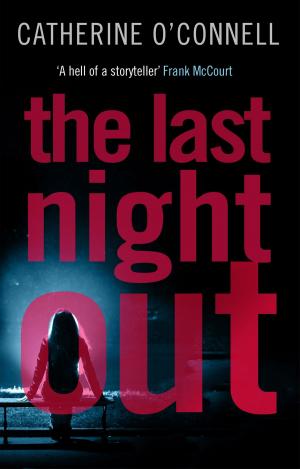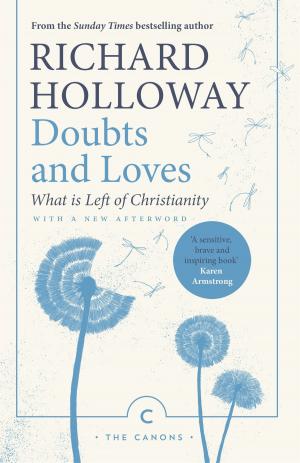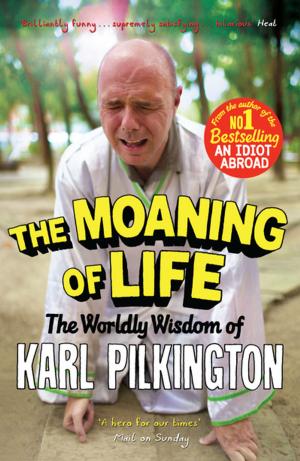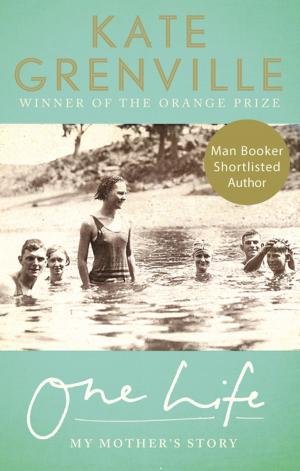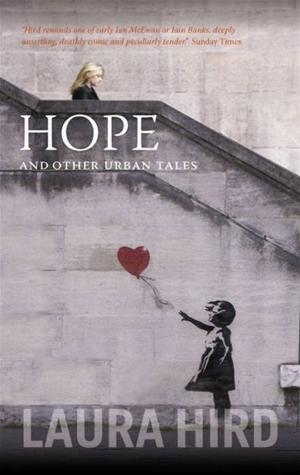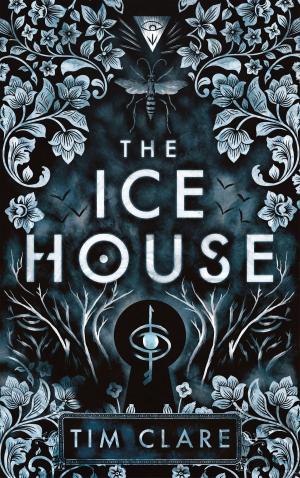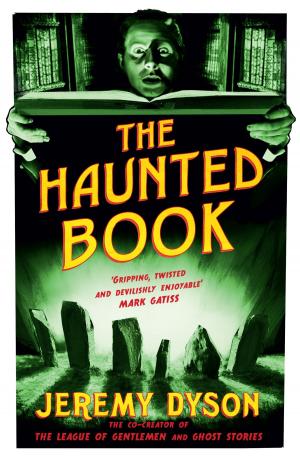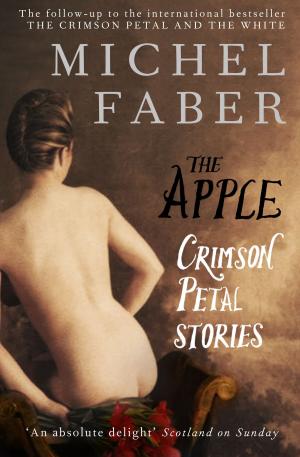| Author: | David Daiches | ISBN: | 9781847675248 |
| Publisher: | Canongate Books | Publication: | July 1, 2010 |
| Imprint: | Canongate Books | Language: | English |
| Author: | David Daiches |
| ISBN: | 9781847675248 |
| Publisher: | Canongate Books |
| Publication: | July 1, 2010 |
| Imprint: | Canongate Books |
| Language: | English |
Foreword by David Daiches with an additional essay, ‘Promised Lands’. In this captivating autobiography of his childhood and student years David Daiches recalls a unique period between the two world wars. There was something very special about the Scottish-Jewish interchange in those years. It has had its counterparts in other cultures yet few have been captured so vividly or with such insight peculiar to the very young. Daiches was one of the sons of Edinburgh’s chief Rabbi. In their home, a quiet dark hub of foreign faith, memories of light and festivity predominated. Illustrious visitors from every corner of the globe would call on the distinguished Rabbi and the sons of the house would argue cheerfully with these itinerant scholars and diplomats. School was Scottish, Presbyterian, with its characteristics smell of wood, chalk, ink and schoolbag leather. Daiches did not play games, sing hymns, wear the ubiquitous school shorts or socialise after school yet not only did he survive these tribulations, he excelled. ‘The two cultures of my childhood . . . I was equally at home in both. That was my good fortune and I have never ceased to be grateful for it.’ ‘Promised Lands’ is a moving memoir of the author’s father and a timely meditation on exile, pluralism and synthesis, and on the need to welcome and also to balance the vital cultural differences which show us what we are and how we all belong to the imagined community of Scotland.
Foreword by David Daiches with an additional essay, ‘Promised Lands’. In this captivating autobiography of his childhood and student years David Daiches recalls a unique period between the two world wars. There was something very special about the Scottish-Jewish interchange in those years. It has had its counterparts in other cultures yet few have been captured so vividly or with such insight peculiar to the very young. Daiches was one of the sons of Edinburgh’s chief Rabbi. In their home, a quiet dark hub of foreign faith, memories of light and festivity predominated. Illustrious visitors from every corner of the globe would call on the distinguished Rabbi and the sons of the house would argue cheerfully with these itinerant scholars and diplomats. School was Scottish, Presbyterian, with its characteristics smell of wood, chalk, ink and schoolbag leather. Daiches did not play games, sing hymns, wear the ubiquitous school shorts or socialise after school yet not only did he survive these tribulations, he excelled. ‘The two cultures of my childhood . . . I was equally at home in both. That was my good fortune and I have never ceased to be grateful for it.’ ‘Promised Lands’ is a moving memoir of the author’s father and a timely meditation on exile, pluralism and synthesis, and on the need to welcome and also to balance the vital cultural differences which show us what we are and how we all belong to the imagined community of Scotland.
